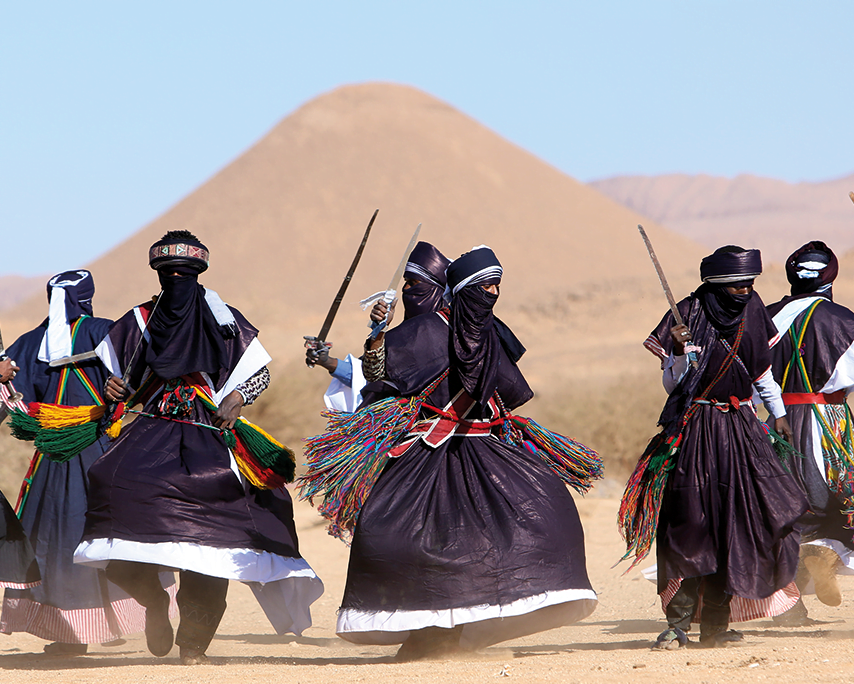International Mother Language Day
Languages are not just a means of communication but also repositories of traditional knowledge and cultural heritage. Through multilingual education, societies ensure our ancestral knowledge is preserved and passed down to future generations in a sustainable way. This is particularly important in the face of globalisation and the increasing homogenisation of cultures. It is equally important in a world where most institutions do not recognise the mother language of the communities they serve for the sake of more dominant languages.
This International Mother Language Day under the theme “Multilingual Education is a Pillar of Intergenerational Learning” highlights the critical role of languages in transmitting knowledge across generations. One of the key aspects of this theme is the use of common dialects to communicate key messages in the lower set of Sustainable Development Goals (SDGs) 1- 6. These goals focus on ending poverty and hunger, ensuring healthy lives and well-being, ensuring inclusive and equitable quality education, achieving gender equality, ensuring access to clean water and sanitation, and ensuring access to affordable and clean energy.
Observed every February 21st Mother Language Day advocates the incorporation of multiple vernaculars into our learning and business environments to create a more inclusive and enriching environment that benefits all.
The significance of multilingual communication
Multilingual communication plays a crucial role in empowering individuals and communities to preserve their traditional knowledge and cultures. In multilingual and multicultural societies, languages serve as the primary vehicles for transmitting cultural practices, beliefs and histories. Therefore, by translating your communications and publications into your community’s mother tongue you ensure your project participants maintain a strong connection to their heritage while also embracing global perspectives.
One of the key challenges in achieving the SDGs is ensuring that messages and social impact initiatives reach communities at the grassroots level. By using common dialects, the effectiveness of your communication and impact initiatives is heightened. This approach empowers communities to take ownership of their development and ensures their voices are heard and respected in the broader conversation.
Celebrating International Mother Language Day
As the world and communities continue becoming globalised, especially through technology, the importance of preserving our vernacular can never be overstated. For a multilingual society such as the one presented in Africa, communication in one’s first dialect promotes comprehension, interaction and critical thinking, bolstering self-confidence and participation. It not only enhances learning but also preserves culture, intangible heritage and languages, promoting intergenerational learning. Consequently, to be able to preserve and revitalise our dialects we need to put more effort into preserving their nuances in books, reports, audio and video recordings and any other form of publication for future generations.
Publishers play a vital role in celebrating International Mother Language Day by promoting multilingual education and cultural diversity through their publications. They can do so by publishing books, articles, and other materials in multiple languages, showcasing the richness and diversity of dialects around the world. Additionally, publishers can support initiatives that promote multilingual education and linguistic diversity, such as providing resources for language revitalisation efforts.
Our mother languages are more than just words. They are a reflection of who we are and how we think and express ourselves. They are a source of comfort, a tool for understanding, and a bridge that connects us to others who share the same linguistic heritage. Embracing and celebrating our cultural lingo is a celebration of diversity, a recognition of our shared humanity and a step towards a more inclusive and harmonious world. Therefore, let this day remind us that the beauty of our languages lies in their ability to connect us deeply to our roots, culture and identity. As a vessel of our heritage, our dialects carry the stories, wisdom and traditions of our ancestors



